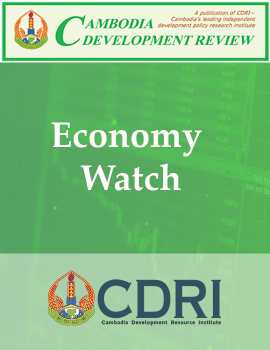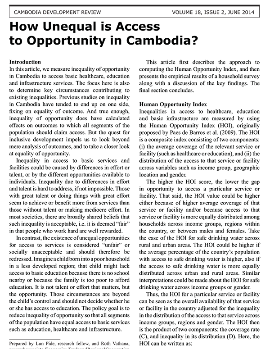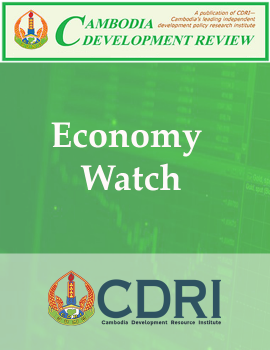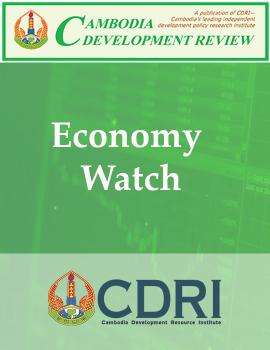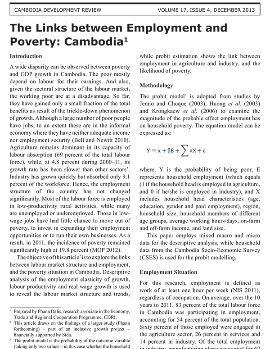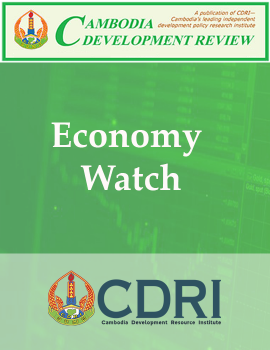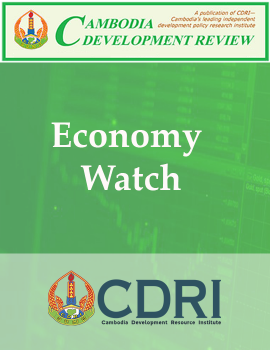Centre for Development Economics and Trade
The Centre for Development Economics and Trade (CDET) conducts applied and policy researches focusing on Cambodia’s economy, trade and regional cooperation. We monitor Cambodia’s economic management and performance; provide evidence-based economic policy analysis; and engage in local and regional dialogues to inform policymaking. Our research has a strong link to national policies, particularly the Rectangular Strategy (Phase IV) and the National Strategic Development Plan (2019-23). Specifically, we contribute to two pillars of the NSDP: Economic Diversification, Private Sector and Market Development; and Sustainable and Inclusive Development. Our delivery mechanism includes policy and academic research, capacity building, knowledge dissemination and sharing, and policy influence and outreach. Our research agenda falls within five broad development areas: economic development, focusing on sustainability and inclusion; trade and regional cooperation; private sector development, focusing on small and medium enterprises; employment and employability, with a cross-cutting theme on gender and youth; and data for research and development (D4RD). We have extensive experience on regional cooperation and research projects, working with think tanks and research institutes in ASEAN and the Mekong region. The Greater Mekong Subregion Research Network (GMS-Net) is an example of such collaboration.
There is no data list!
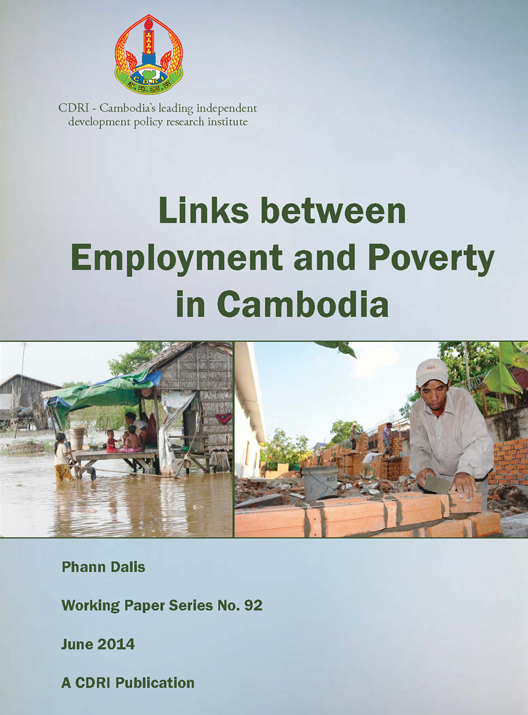
Links between Employment and Poverty in Cambodia
This paper explores labour market structure and employment links to poverty in Cambodia. Employment elasticity of growth, labour productivity and real wage growth are the main indicators of the labour market situation, while probit models estimate the connection between household employment and poverty likelihood. The paper combines macro and micro data to perform a descriptive analysis. For...
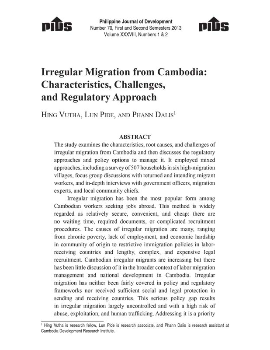
Irregular Migration from Cambodia: Characteristics, Challenges, and Regulatory Approach
The study examines the characteristics, root causes, and challenges of irregular migration from Cambodia and then discusses the regulatory approaches and policy options to manage it. It employed mixed approaches, including a survey of 507 households in six high-migration villages, focus group discussions with returned and intending migrant workers, and in-depth interviews with government officers,...
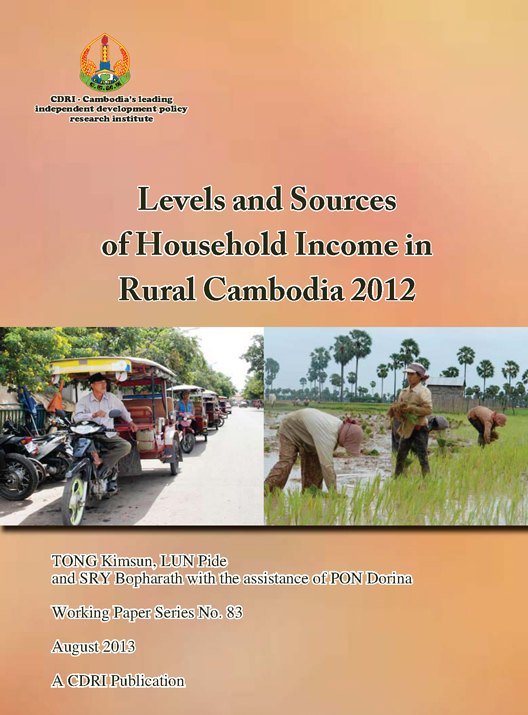
Levels and Sources of Household Income in Rural Cambodia 2012
This study investigates the levels and sources of household income in rural Cambodia from 2004 to 2012, using data from the Cambodia Socio-Economic Survey and a 2012 rural household survey conducted by CDRI. It reveals that rural households primarily depend on agriculture, though its share in total income declined over time, while salaries and wages gained prominence. Non-farm self-employment...

